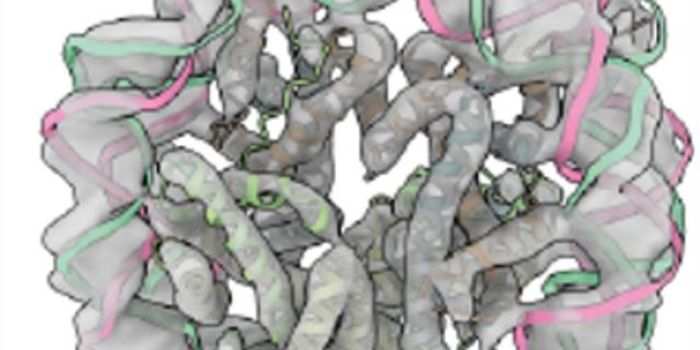The Largest-Ever Genetic Study Discovers 14 New Developmental Disorders
Scientists at the Wellcome Trust Sanger Institute have performed the largest-ever study on the genetics of rare developmental diseases in children. The study, published in Nature, identified 14 new developmental disorders.
Thousands of babies are born annually with genetic abnormalities that cause issues with their normal development. Many of these genetic causes have been previously identified and can be diagnosed, leading to conditions such as intellectual disabilities, heart conditions, epilepsy, or autism. However, there is a large subset of children with undiagnosed rare developmental disorders. This study demonstrates that new genetic techniques can help to identify otherwise unknown genetic disorders.
The study has been named the Deciphering Developmental Disorders (DDD) project. The team screened 20,000 genes from over 4,000 families with at least one child affected by a developmental disorder. In order to gather together such a large cohort of families, the DDD team worked with 200 clinical geneticists across the UK and Republic of Ireland.
The primary focus of the study was to examine spontaneous new mutations that occur in the children but are not present in their parents. In order to provide proper diagnoses to the families, the children with the developmental disorders were also clinically assessed and matched with those that had similar characteristics.
“Each of these disorders is incredibly rare, so the large number of patients in this study was crucial to diagnosis. An individual doctor may see only one case, but by collaborating with hundreds of NHS staff and researchers we were able to link children from clinics across the British Isles. This allowed the team to match up children with similar disorders within the project and provide diagnoses for them,” explains Dr. Jeremy McRae, first author of the study from the Wellcome Trust Sanger Institute.
Approximately one quarter of the children in the study had new mutations in genes that had been previously diagnosed and linked to specific developmental disorders. The significant finding was the identification of 14 new developmental disorders stemming from novel spontaneous mutations found in about half of the children and not their parents.
Researchers concluded that new mutations randomly occurring in children are one of the main causes for various developmental disorders, and that on average about 2,000 children born every year in the UK have a developmental disorder caused by a new mutation.
The study results allow families with similar conditions to garner support from each other and to better understand the basis of the disorders identified. This new information provides the families with better clinical management capabilities and potentially new research opportunities into disease mechanisms and new therapies.
“Finding a diagnosis can be a huge relief for parents and enables them to link up with other families with the same disorder. It lets them access support, plug into social networks and participate in research projects for that specific disorder,” said Dr. Matt Hurles, who led the study from the Sanger Institute.
Sources: Sanger Institute, Nature









